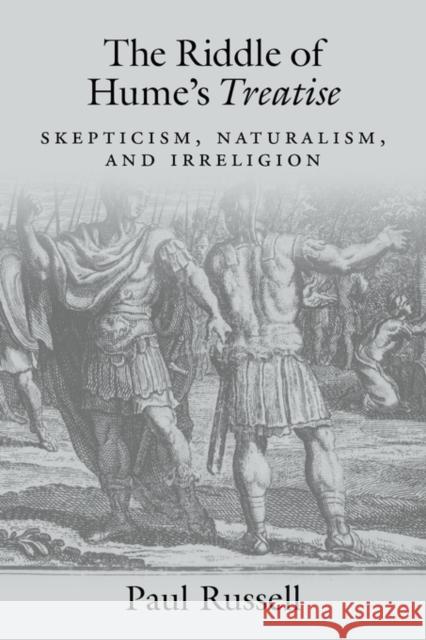The Riddle of Hume's Treatise: Skepticism, Naturalism, and Irreligion » książka
The Riddle of Hume's Treatise: Skepticism, Naturalism, and Irreligion
ISBN-13: 9780199751525 / Angielski / Miękka / 2010 / 442 str.
Although it is widely recognized that David Hume's A Treatise of Human Nature (1729-40) belongs among the greatest works of philosophy, there is little aggreement about the correct way to interpret his fundamental intentions.
The solution to this riddle depends on challenging another, closely related, point of orthodoxy: namely, that before Hume published the Treatise he removed almost all material concerned with problems of religion. Russell argues, contrary to this view, that irreligious aims and objectives are fundamental to the Treatise and account for its underlying unity and coherence. It is Hume's basic anti-Christian aims and objectives that serve to shape and direct both his skeptical and naturalistic commitments. When Hume's arguments are viewed from this perspective we can solve, not only puzzles arising from his discussion of various specific issues, we can also explain the intimate and intricate connections that hold his entire project together.











